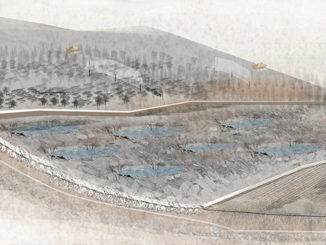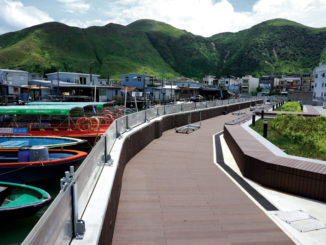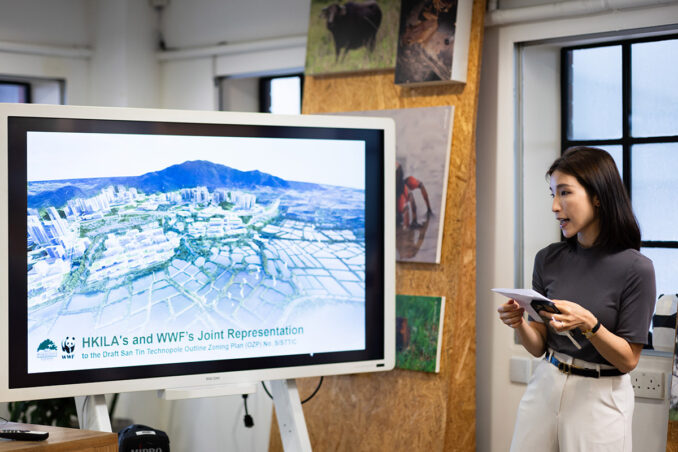
The Town Planning Board (TPB) will hold a hearing for public representations on the San Tin Technopole (SIT) Outline Zoning Plan. San Tin is a core component of the Deep Bay Wetland ecosystem and plays a critical role in maintaining climate resilience and biodiversity, both locally and globally. The Hong Kong Institute of Landscape Architects (HKILA) and WWF-Hong Kong(WWF) are proposing five enhancement recommendations, which aim to enhance the overall quality of life, increase the climate resilience of San Tin Technopole, and mitigate the ecological impacts resulting from the development. When proposing these enhancement recommendations, HKILA and WWF aim to:
- Create a people-oriented livable city
- Achieve a future in which people live in harmony with nature
- Promote urban-rL1ral integration
- Minimise ecological impacts
- Adopt Nature-based Solutions (NbS) to tackle climate change challenges
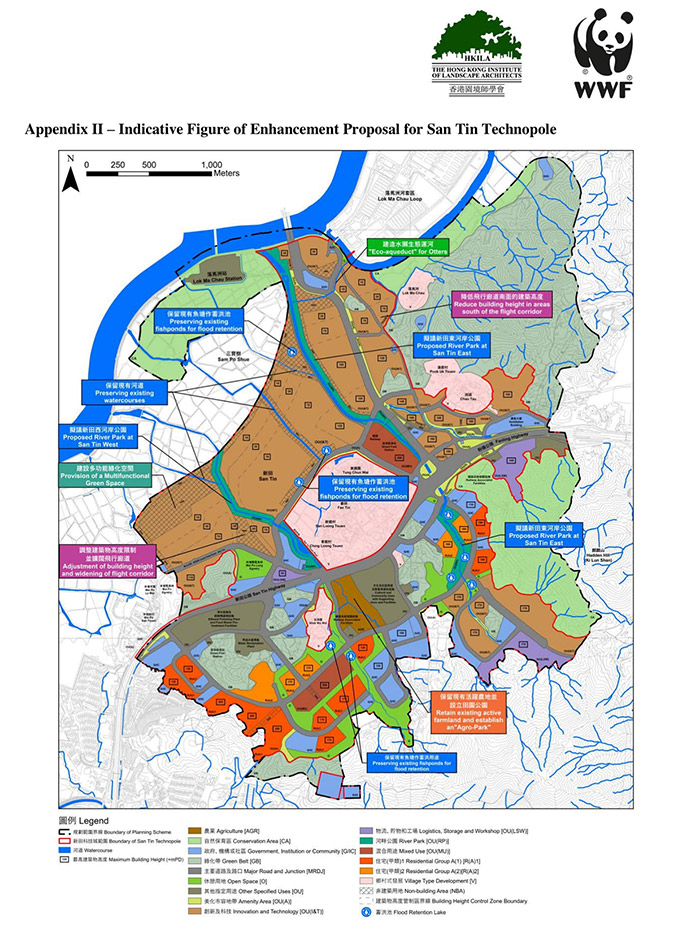
Details of the five enhancement recommendations are as follows:
- Create a multifunctional green space using the existing Hop Shing Wai fishponds (northwest corner of San Tin Technopole), which provides recreational, flood attenuation and wastewater treatment functions and, at the same time, enhance the habitat connectivity of Deep Bay wetland;
- Create the first ecological corridor for otters in China;
- Take advantage of the existing natural conditions in San Tin to provide flood resilience for the NDAs
with NbS. For example, the preservation of watercourses to improve water infiltration, and conversion of fishponds into flood retention ponds, and the construction of floodable river parks along San Tin Eastern and Western Main Drainage Channels (STEMDC & STWMDC), similar to the Bishan-Ang Mo Kio Park in Singapore; - Adjust the building height restriction in the vicinity of Mai Po Lung Egretry and Lok Ma Chau Boundary Control Point to avoid the impact brought by highrise buildings to flight corridors;
- Preserve the farmland-pond cluster in the Shek Wu Wai area to create a featured agro-park.
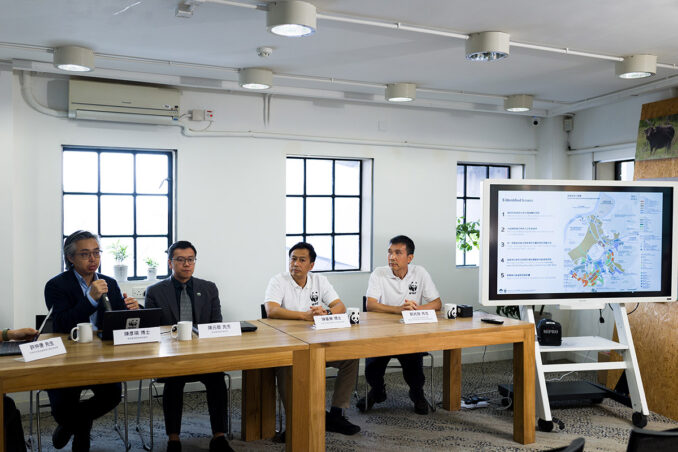
”On one hand, HKILA has established a platform for mutual learning between experts of Shenzhen and Hong Kong to help formulation of guiding principles for ecological and landscape planning for the development of Northern Metropolis. On the other hand, HKILA has been collaborating with WWF to leverage both expertise in landscape design and ecological conservation to inject climate and ecological-friendly elements into the planning of the San Tin Technopole to build a high-quality, healthy and green community.”
Mr. Paul Chan, President of HKILA
Images Credit: Courtesy of the HKILA

